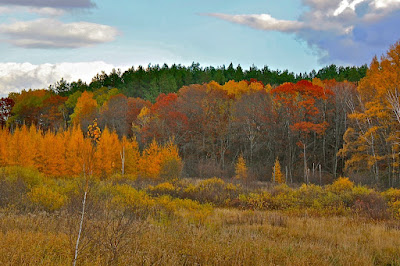Today’s posting will be brief (you’re welcome) but it’s important, or at least it raises important questions for which I’ve not the slightest idea of any wise answers.
The Minnesota Department of Natural Resources is asking for our input on the Funding Future for Natural Resources and Outdoor Recreation. Personally, I find their summary(?) justification woefully inadequate:
Why change is needed
Minnesota’s current natural resources funding system can’t sustainably support continued conservation, natural resource management, and equitable access to quality outdoor recreation.
For example, user fees cannot reasonably keep pace with inflation while also ensuring the DNR can appropriately steward resources and provide open and affordable access to the outdoors for all people.
And, while Minnesotans have demonstrated support for the environment and outdoors through the constitutionally-dedicated Environment and Natural Resources Trust Fund and Clean Water, Land and Legacy Amendment, these funds are targeted to specific uses and thus not available to support some key aspects of natural resource management.
I’ve been a hunter and angler for all of my adult life and much of my childhood. I know that many of our current outdoor recreational opportunities are primarily user financed through licenses and fees. Hunters and anglers pay an excise tax on guns and fishing equipment. Here’s a link to a summary of the 2020-2021 MNDNR budget. Both the sources and uses of funds appear to be functionally siloed, an inhibition on holistic management.
 |
| how to value trees and wetlands
Photo by J. Harrington
|
This is where I ask your consideration of a potential funding source that’s been proposed in the agricultural sector, ecosystem services. I’m generally inclined to oppose paying farmers for the provision of ecosystem services, but that approach seems to make sense for an agency like MNDNR ("ecosystem services, include all the jobs performed by the components of an ecosystem, coming from biotic components like plants and insects, to abiotic components, such as the soil and wind”). That may well mean I need to reconsider the basis on which I have been against paying agriculture for such services. Perhaps I, and you?, aren’t using the correct mental model as we consider these system services.
I’ve been a card-carrying environmentalist since before the first Earth Day. The principle of “the polluter pays” is etched into my thought patterns. Yet, if we take an honest look at the state of the environment today, the principle and its application rank somewhere between insufficient and an unmitigated failure. Here’s one classic example from today’s edition of The Guardian: ‘This stuff won’t go away’: PFAS chemicals contaminate Wisconsin’s waterways and soil. As a recovering planner, I believe I’m qualified to point out the planning dictum “More of the same never solved a problem.”
27. What We Have Instead
By Gus Speth
In this our worldif there is meaningwe create it.If there is communitywe build it.If there is justicewe forge it.If there is providencewe provide it.If there is lovewe extend it.Nothing is givensave life itself.We have onlythis speck of earthand each other.It is enough.So let us prayTo fields and friendsAnd to the spacious sky.
********************************************
Thanks for visiting. Come again when you can.
Please be kind to each other while you can.
No comments:
Post a Comment